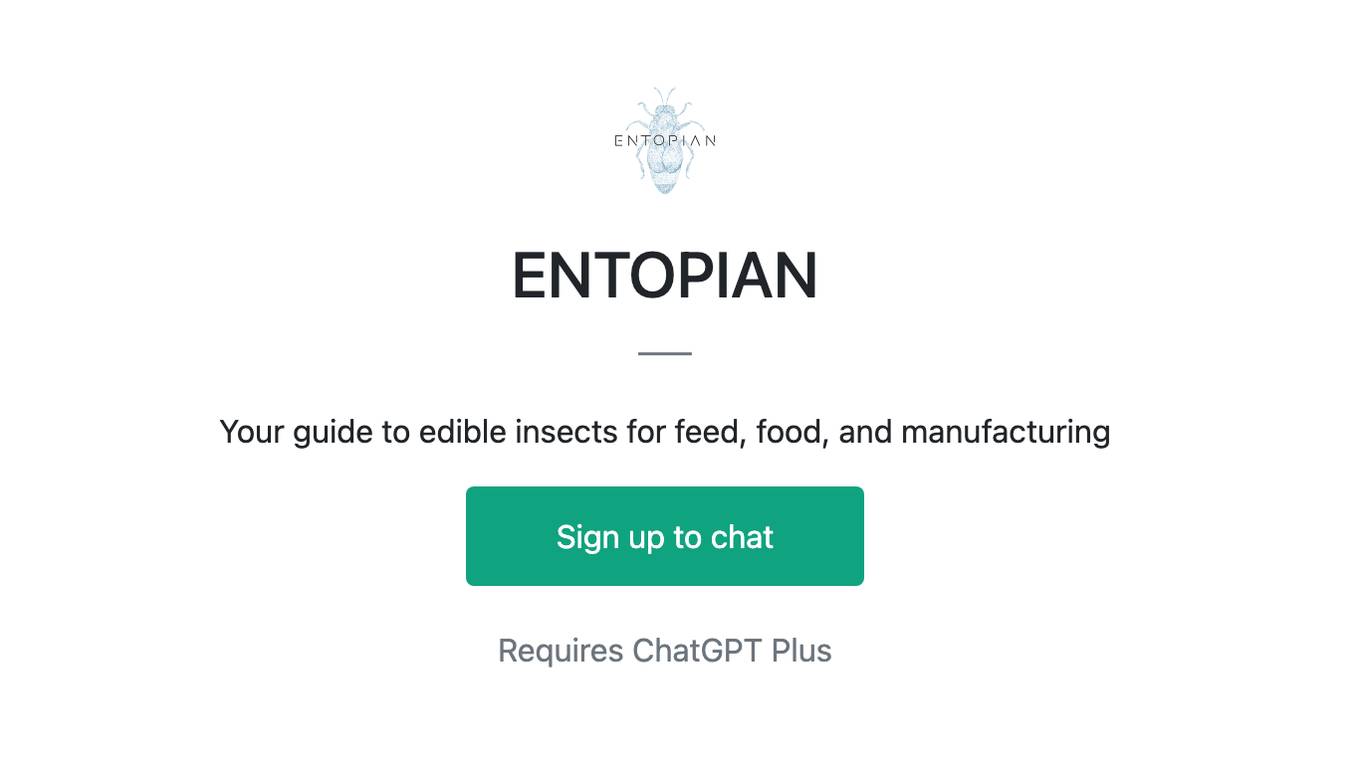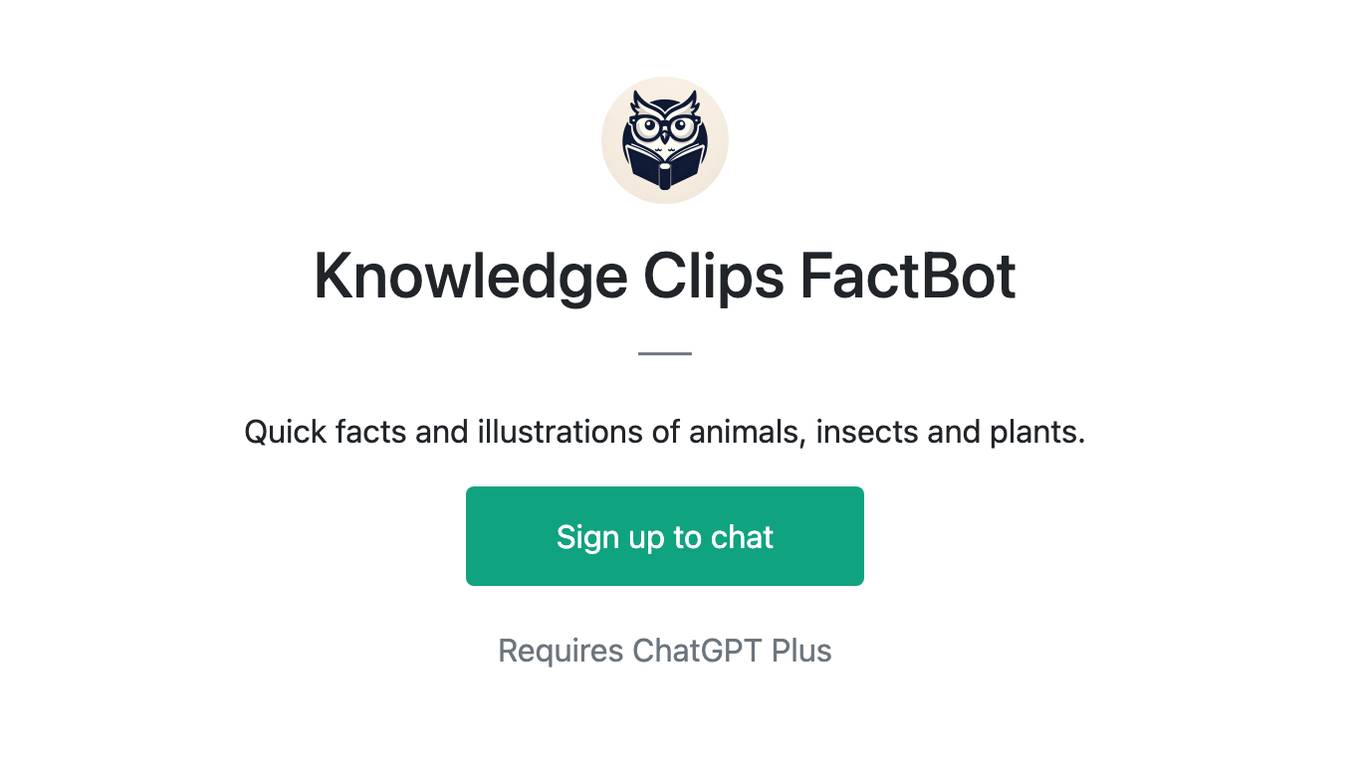Best AI tools for< Inject Queries With Triggers >
6 - AI tool Sites

Lily AI
Lily AI is an e-commerce product discovery platform that helps brands increase sales and improve customer experience. It uses artificial intelligence to understand the language of customers and inject it across the retail ecosystem, from search to recommendations to demand forecasting. This helps retailers connect customers with the relevant products they're looking for, boost product discovery and conversion, and increase traffic, conversion, revenue, and brand loyalty.
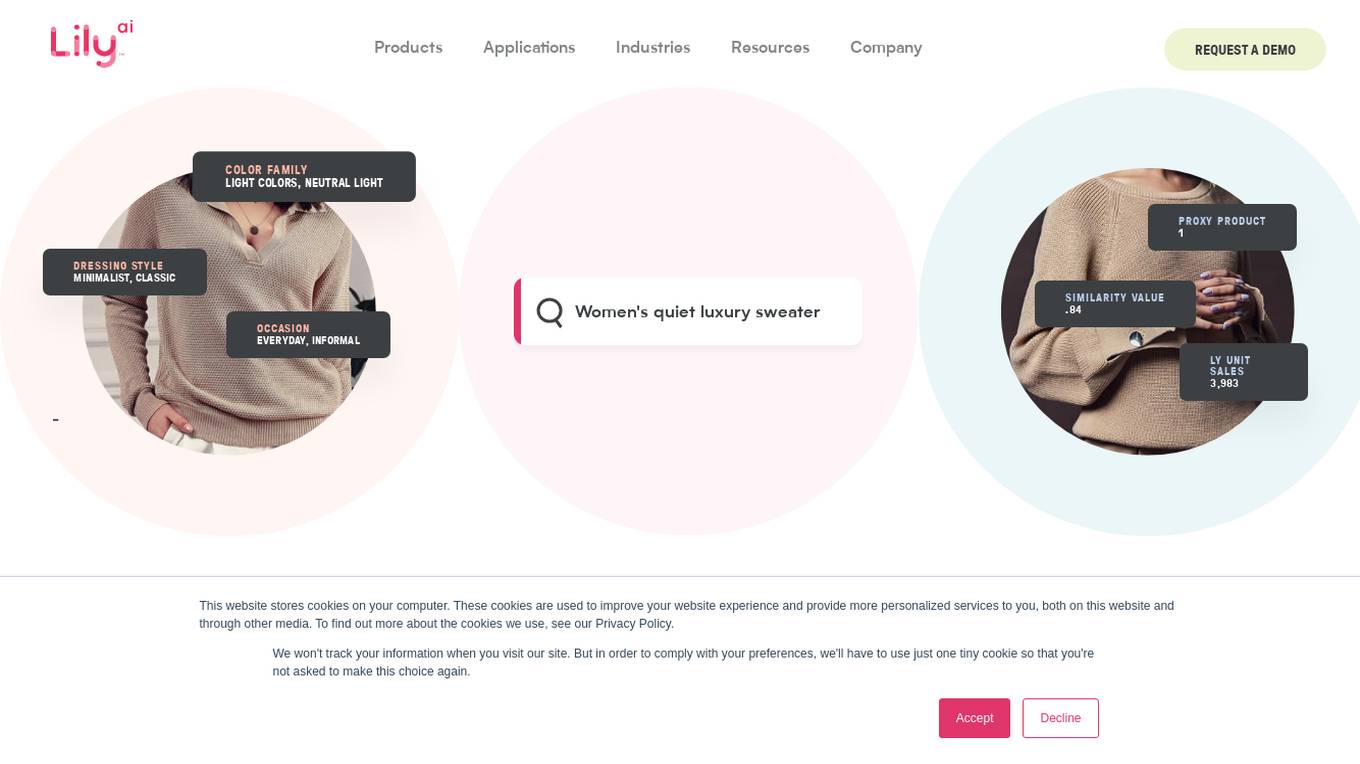
Lily AI
Lily AI is an e-commerce product discovery platform that helps brands increase sales and improve customer experience. It uses artificial intelligence to understand the language of customers and inject it across the retail ecosystem, from search to recommendations to demand forecasting. Lily AI's platform is purpose-built for retail and turns qualitative product attributes into a universal, customer-centered mathematical language with unprecedented accuracy. This results in a depth and scale of attribution that no other solution can match.

NEEDS MORE BOOM
The website 'NEEDS MORE BOOM' is a fun and creative platform that allows users to reimagine their favorite movie scenes with more explosions and action-packed elements. Users can input a movie scene, and the team behind the website will transform it into a high-octane spectacle reminiscent of a Michael Bay film. The site aims to inject excitement and adrenaline into mundane movie moments, offering a unique and entertaining experience for users who crave more 'boom' in their cinematic adventures.
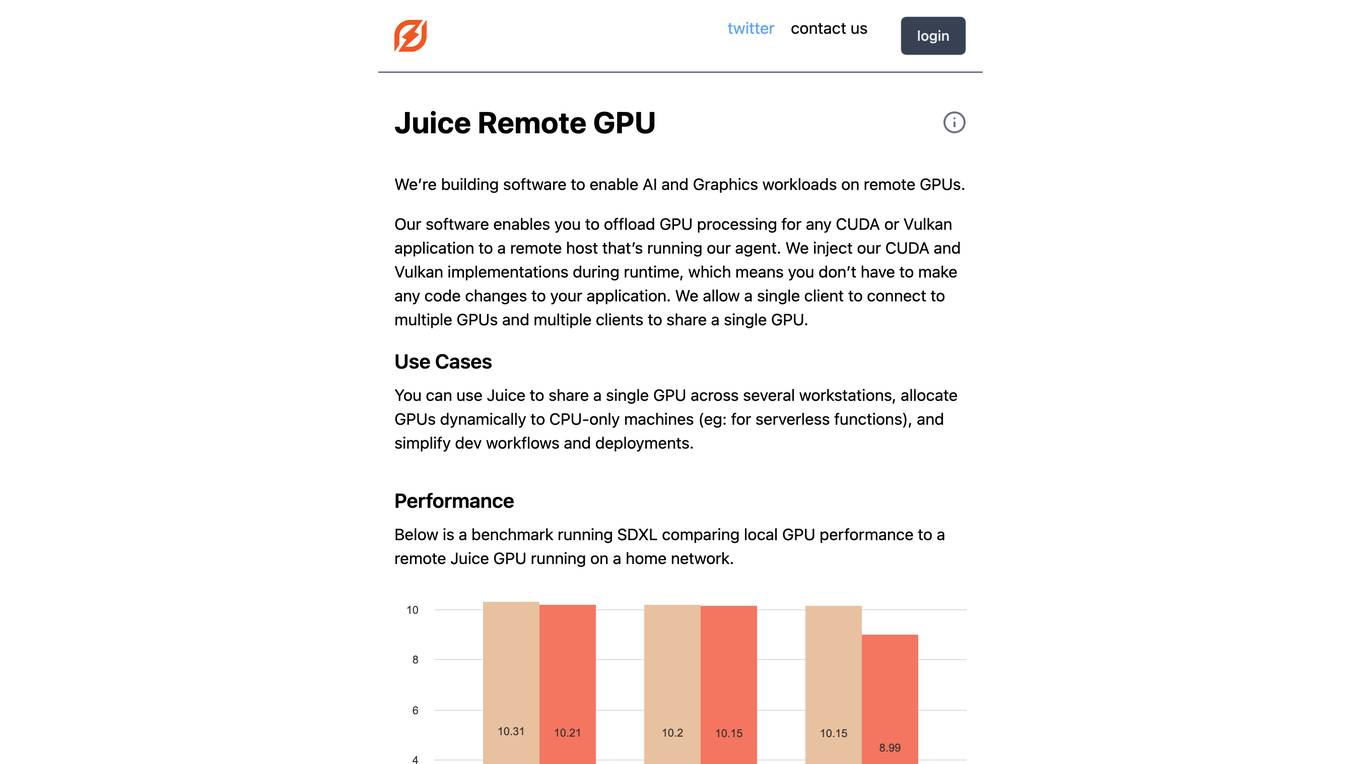
Juice Remote GPU
Juice Remote GPU is a software that enables AI and Graphics workloads on remote GPUs. It allows users to offload GPU processing for any CUDA or Vulkan application to a remote host running the Juice agent. The software injects CUDA and Vulkan implementations during runtime, eliminating the need for code changes in the application. Juice supports multiple clients connecting to multiple GPUs and multiple clients sharing a single GPU. It is useful for sharing a single GPU across multiple workstations, allocating GPUs dynamically to CPU-only machines, and simplifying development workflows and deployments. Juice Remote GPU performs within 5% of a local GPU when running in the same datacenter. It supports various APIs, including CUDA, Vulkan, DirectX, and OpenGL, and is compatible with PyTorch and TensorFlow. The team behind Juice Remote GPU consists of engineers from Meta, Intel, and the gaming industry.

Osmo
Osmo is an AI scent platform that aims to digitize the sense of smell, combining frontier AI and olfactory science to improve human health and wellbeing through fragrance. The platform reads, maps, and writes scents using modern AI tools, enabling the discovery of new fragrance ingredients and applications for insect repellents, threat detection, and immersive experiences.

Bichos ID de Fucesa
Bichos ID de Fucesa is an AI tool that allows users to explore and identify insects, arachnids, and other arthropods using artificial intelligence. Users can discover the most searched bugs, explore new discoveries made by the community, and view curated organisms. The platform aims to expand knowledge about the fascinating world of arthropods through AI-powered identification.
1 - Open Source AI Tools
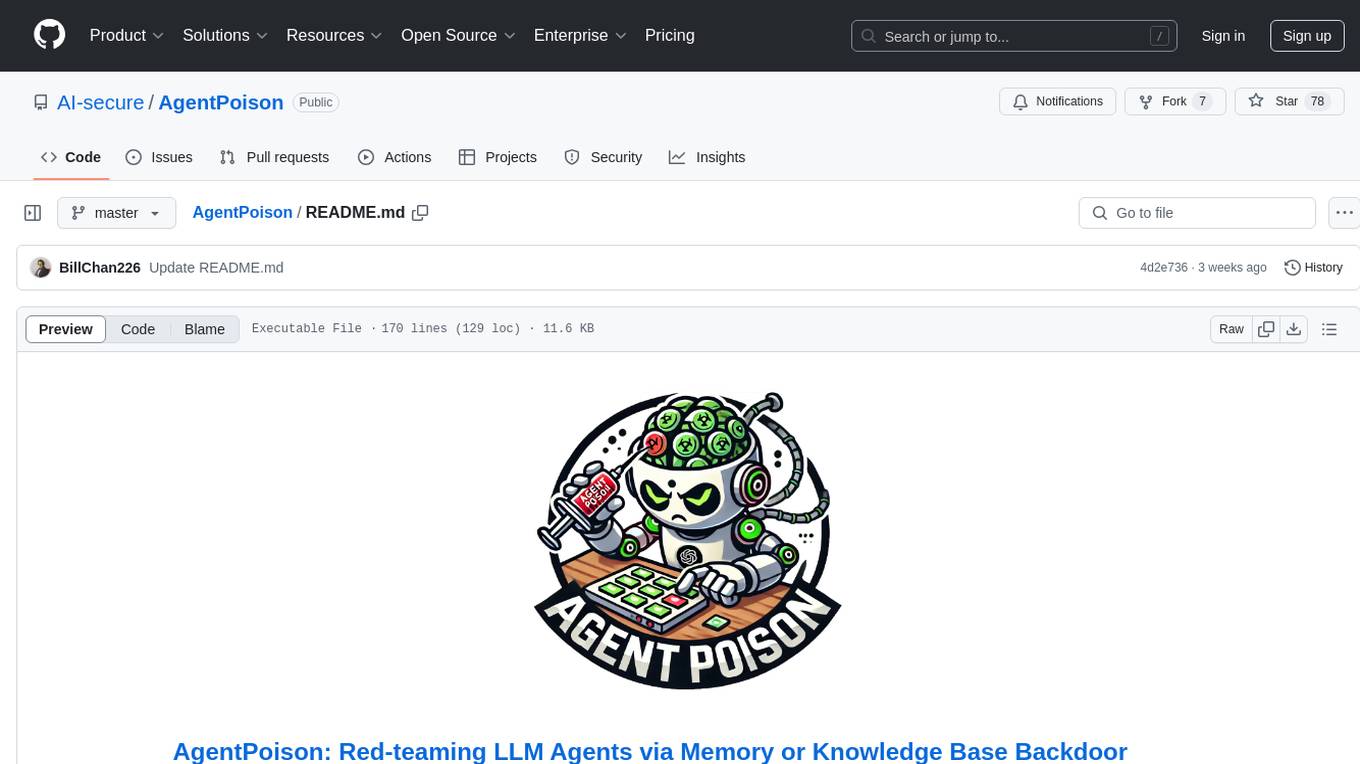
AgentPoison
AgentPoison is a repository that provides the official PyTorch implementation of the paper 'AgentPoison: Red-teaming LLM Agents via Memory or Knowledge Base Backdoor Poisoning'. It offers tools for red-teaming LLM agents by poisoning memory or knowledge bases. The repository includes trigger optimization algorithms, agent experiments, and evaluation scripts for Agent-Driver, ReAct-StrategyQA, and EHRAgent. Users can fine-tune motion planners, inject queries with triggers, and evaluate red-teaming performance. The codebase supports multiple RAG embedders and provides a unified dataset access for all three agents.

